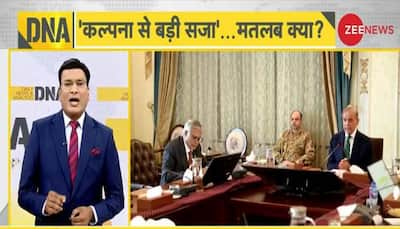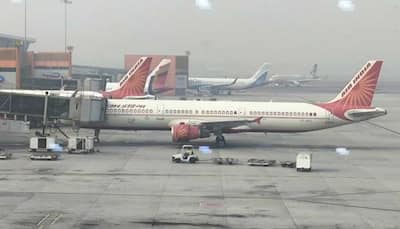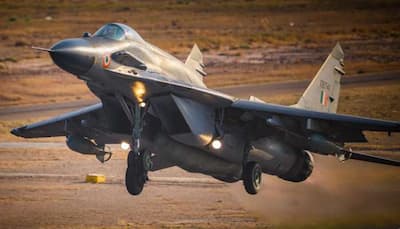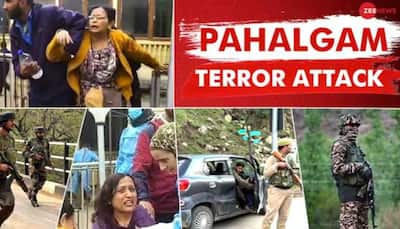Day after the Pahalgam terror attack in which 26 people lost their lives, India has been taking several actions against Pakistan while the Narendra Modi government hinting at major retaliation. From Madhubani in Bihar, Prime Minister Narendra Modi sent a stern message to Islamabad in pure Hindi on Thursday, declaring that this time, the punishment would be “beyond imagination.” He echoed this warning to the world in English, ensuring the global community grasped India’s intent. Modi, known for delivering his UN speeches in Hindi, chose English today specifically to make sure the message reached every corner of the globe. In a 30-minute address from Madhubani, the PM spent about five minutes in Hindi and nearly a minute and a half in English, outlining his action plan against terrorism. Referring to Pakistan as “Terroristan,” he warned of a punishment beyond imagination.
In today’s DNA, Rahul Sinha, Managing Editor, Zee News, analysed the developments that hint at something BIG:
भारत के ‘ऐलान-ए-जंग’ का विश्लेषण
‘कल्पना से बड़ी सजा’..मतलब क्या?
शहबाज..मुनीर..हाफिज..PAK में सब कैसे डरे?
देखिए LIVE Rahul Sinha के साथ
— Zee News (@ZeeNews)
This phrase—”punishment beyond imagination”—has sparked speculation. India has defeated Pakistan in war four times and has twice conducted cross-border strikes in the last decade, including the 2016 surgical strike and the 2019 Balakot airstrike. It also played a key role in the 1971 war that led to the creation of Bangladesh. So, what could be even more severe?
Could this mean a potential fragmentation of Pakistan into Balochistan, Khyber Pakhtunkhwa, Sindh, and Punjab? Is India planning to reclaim Pakistan-occupied Kashmir (PoK)? Or are targeted strikes being considered on terrorist leadership and ISI headquarters, potentially challenging Pakistan’s very existence?
What’s clear is that if there is military action this time, it will be open and decisive—not covert.
There are several unprecedented signs pointing toward significant action:
India is operating at high speed both diplomatically and militarily. Meetings are happening at every level, both nationally and internationally. Let’s decode the standard operating procedure (SOP) before a country heads into conflict:
First, full political support is crucial. That’s why the all-party meeting was held, and all political parties have reportedly expressed support for the government’s stance.
Second, it’s vital to have international allies on board. That explains why the MEA briefed ambassadors from G20 countries, including the US, Russia, France, Germany, and the UK. The European Union has also expressed support for India.
Third, neutralizing the enemy’s potential allies is part of the strategy. MEA officials also met ambassadors from China, Turkey, and Saudi Arabia.
Adding to the significance, Army Chief General Upendra Dwivedi is scheduled to visit Kashmir tomorrow.
All signs—from the IB Chief’s involvement in political meetings to back-to-back diplomatic briefings—point toward a major operation in the making. India’s high-level coordination suggests a plan Pakistan could never have imagined, as preparations unfold across all fronts.
Stay informed on all the , real-time updates, and follow all the important headlines in and on Zee News.








